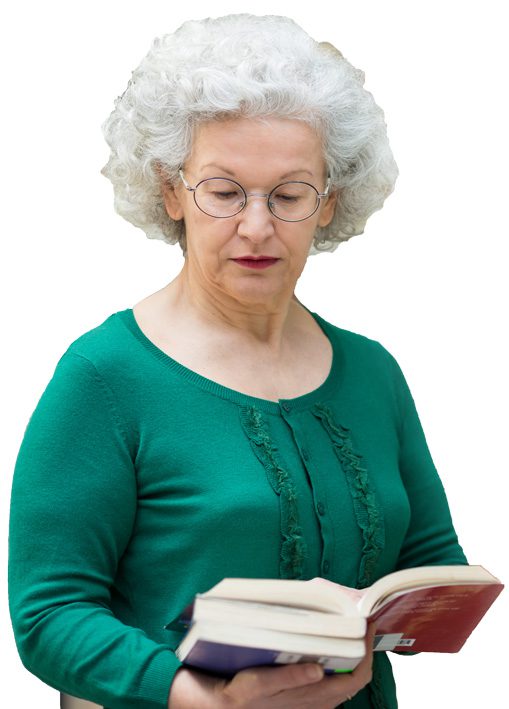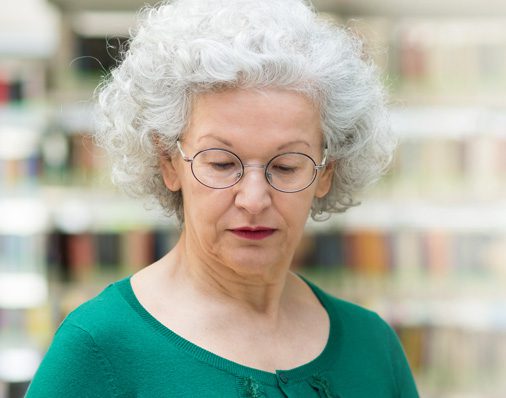 [dropcap]Bob[/dropcap] Grant says age doesn’t matter when it comes to learning. The 83-year-old, University of Central Oklahoma graduate is the oldest student to have graduated from the college in its 125-year history, but he’s not alone.
[dropcap]Bob[/dropcap] Grant says age doesn’t matter when it comes to learning. The 83-year-old, University of Central Oklahoma graduate is the oldest student to have graduated from the college in its 125-year history, but he’s not alone.
In recent years, an increase of retirees like Grant have returned to or begun college. According to a U.S. News and World Report survey, the number of college students ages 40 to 64 has increased nearly 20 percent to almost two million in the last decade.
UCO isn’t the only university to see an influx of older-student enrollment.
“Last fall, we had 20 students age 65 and over,” says Julie Sawyer, executive director of institutional effectiveness at Northeastern State University. “Of those, 12 were undergraduate students seeking bachelor’s degrees – three of them pursuing [a] second bachelor’s – four were graduate students seeking master’s degrees, and four were non-degree seeking students taking classes in audit status.”
There are benefits to seniors returning to school.
“An advantage is that students who are age 65 or older and [taking] audit classes (no grade/no credit) are not charged tuition and fees for those courses after providing proof of age,” Sawyer explains. “These students do have to pay any other expenses” like application fees, parking permits, books, etc.
University officials understand that it is no longer just 18- to 25-year-olds attending college, and they are changing the accessibility of courses to accommodate the older demographic.
“The University of Central Oklahoma is expanding our expressions as we serve the metropolitan area,” says Elise Marrs, director of downtown and graduate recruitment at UCO. “We have continued our reach as a metropolitan university with UCO Downtown, CHK-Central Boathouse and ACM@UCO.”
Craig Davis, associate state director of AARP Oklahoma, says seniors are looking for things to keep them busy, and returning to school is another way to stay active.
“Some people think, ‘I’ve had a career, now I want to do something that brings me more personal fulfillment,’ and whether that is starting their own business or returning to school, they are seeking that next step,” he explains. “People are trying to live vibrant lives after the age of 50.”
Davis says AARP strives to help seniors determine the possibilities.
“We are all about providing the tools to help people discover what options are available to them,” he adds.
It doesn’t matter if you’re choosing courses that are whimsical or serious, attending classes is about finding new passions or filling a knowledge gap. For Grant, he wants to stay active and hopes to find a part-time job teaching a course on aging.
“I think I know a thing or two about getting older,” he says. “I think I’m a bit of an expert on the subject.”
More than anything, Grant wants adults to be inspired by his story. He encourages anyone to go back to school and get a degree.
“No matter how old you are, if you don’t have all the education you want, it is never too late to return to school,” he says.























